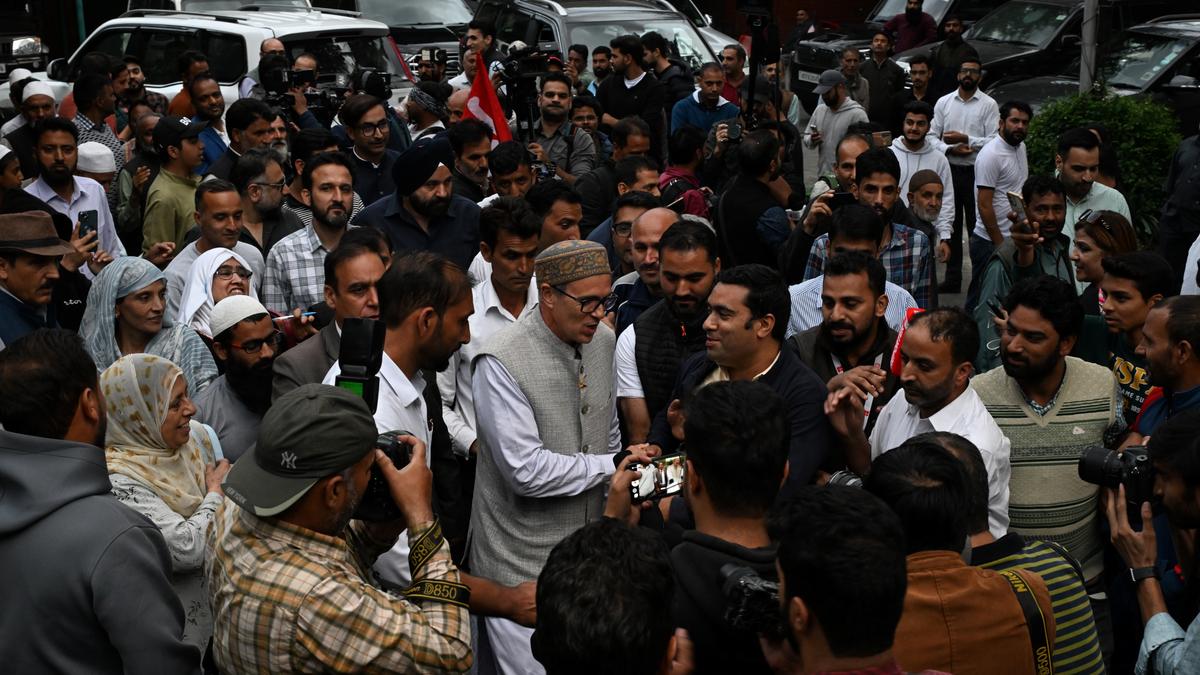Elections to the territory of Jammu and Kashmir and the state of Haryana gave mixed results for political parties. A coalition led by the J&K National Conference won 49 (JKNC 42, Congress 6, Communist 1) of 90 elected seats in the territory. This puts JKNC leader Omar Abdullah in a comfortable position to form the next government, even with the addition of five members nominated by the federal government. The BJP, which leads India’s federal government and controversially removed J&K’s special status, won 29 seats.
In Haryana, the BJP overcame anti-incumbancy and farmer protests to win 48 out of a total 90 seats, thanks to a strong local campaign and a popular leader in Nayab Singh Saini. The opposition Congress improved its vote and seat-share, but failed to dislodge the BJP. Olympian wrestler Vinesh Phogat - who had accused Wrestling Federation President and BJP MP Brij Bhushan Singh of sexual assualt - was elected from Julana constituency representing the Congress Party.
While the JKNC and the BJP have cause to celebrate, these results weaken the Congress, challenging its demand for the leading position within the opposition. In the upcoming Maharashtra and Jharkhand state elections, it may have to concede seats - or even coalition leadership - to its allies.


